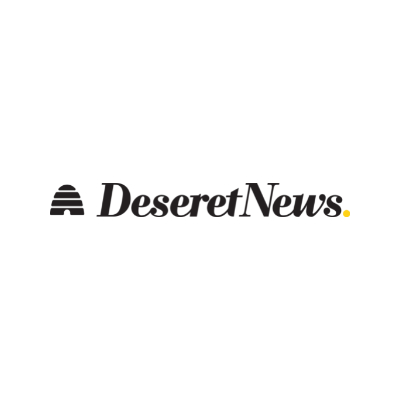 Deseret News Article Rating
Deseret News Article RatingOpinion: The risks of funding religious education with public money
- Bias Rating
- Reliability
65% ReliableAverage
- Policy Leaning
6% Center
- Politician Portrayal
-31% Negative
Continue For Free
Create your free account to see the in-depth bias analytics and more.
By creating an account, you agree to our Terms and Privacy Policy, and subscribe to email updates.
Bias Score Analysis
The A.I. bias rating includes policy and politician portrayal leanings based on the author’s tone found in the article using machine learning. Bias scores are on a scale of -100% to 100% with higher negative scores being more liberal and higher positive scores being more conservative, and 0% being neutral.
Sentiments
31% Positive
- Liberal
- Conservative
| Sentence | Sentiment | Bias |
|---|---|---|
Unlock this feature by upgrading to the Pro plan. | ||
Reliability Score Analysis
Policy Leaning Analysis
Politician Portrayal Analysis
Bias Meter
Extremely
Liberal
Very
Liberal
Moderately
Liberal
Somewhat Liberal
Center
Somewhat Conservative
Moderately
Conservative
Very
Conservative
Extremely
Conservative
-100%
Liberal
100%
Conservative

Contributing sentiments towards policy:
58% : To proponents of charter status for religious schools, the potential benefits of public funding are numerous, including giving parents a greater choice in selecting schools for their children that are more closely aligned with their faith.54% : Almost by definition, those seeking to educate their children outside the public schools on religious grounds are doing so because of a misalignment between their own worldview and that of a majority in the communities where they live.
53% : This version of American religious liberty, championed especially by religious minorities like Baptists and Quakers at the time of the Founding, certainly limits religious communities' access to public funding.
52% : The best outcome politics could offer was to protect everyone's freedom, allowing believers to practice their faith alongside others without public interference.
51% : However, the increasing share of state tax revenue and financial investment in education going to non-public schools will bring with it pressure to ensure that conditions are met.
47% : But this may also be a case of "be careful what you wish for," because as the Trump administration has so vividly illustrated in the higher ed sector, dependence on government funding can be devastating to the independence of private educational institutions.
46% : Becoming dependent on state tax revenue to fund private religious institutions is handing an enormous lever to the states' political majority and its dominant political culture to influence and even dictate what is taught in subsidized private schools.
45% : One of the strongest arguments for vouchers and charter schools is that they allow families without the economic means of pursuing private education to make choices about the education of their own children.
45% : If the church's doctrines are to be pure and its teachings in church schools are to be faithful to its true convictions, then it must be free of the corrupting influence of political pressure and state supervision.
34% : Subsidies can easily morph into a stalking horse for state control of private education.
*Our bias meter rating uses data science including sentiment analysis, machine learning and our proprietary algorithm for determining biases in news articles. Bias scores are on a scale of -100% to 100% with higher negative scores being more liberal and higher positive scores being more conservative, and 0% being neutral. The rating is an independent analysis and is not affiliated nor sponsored by the news source or any other organization.























